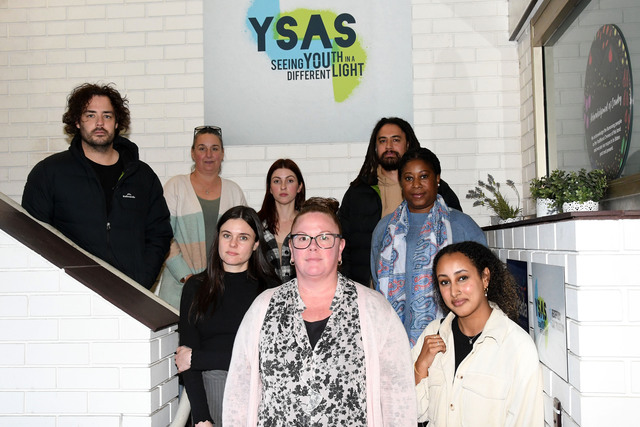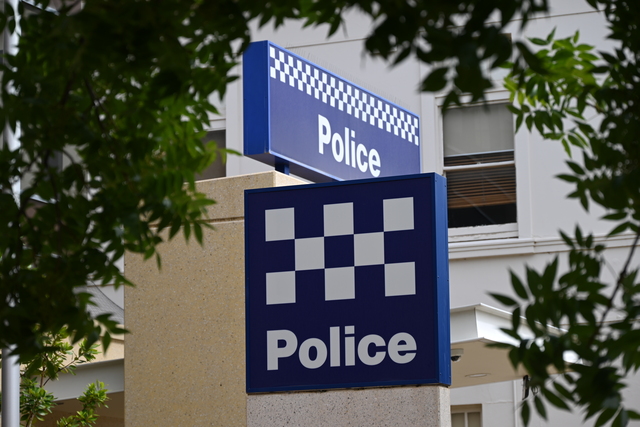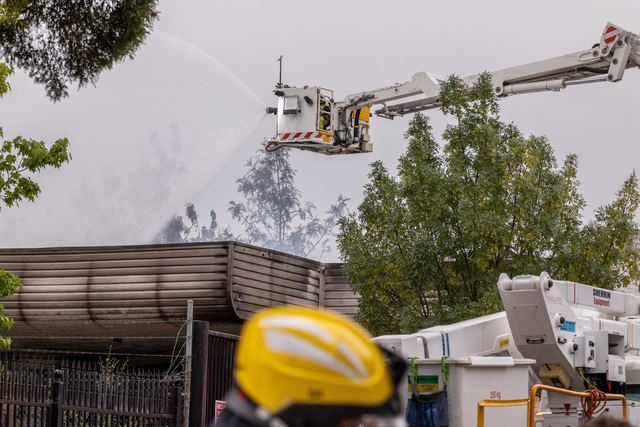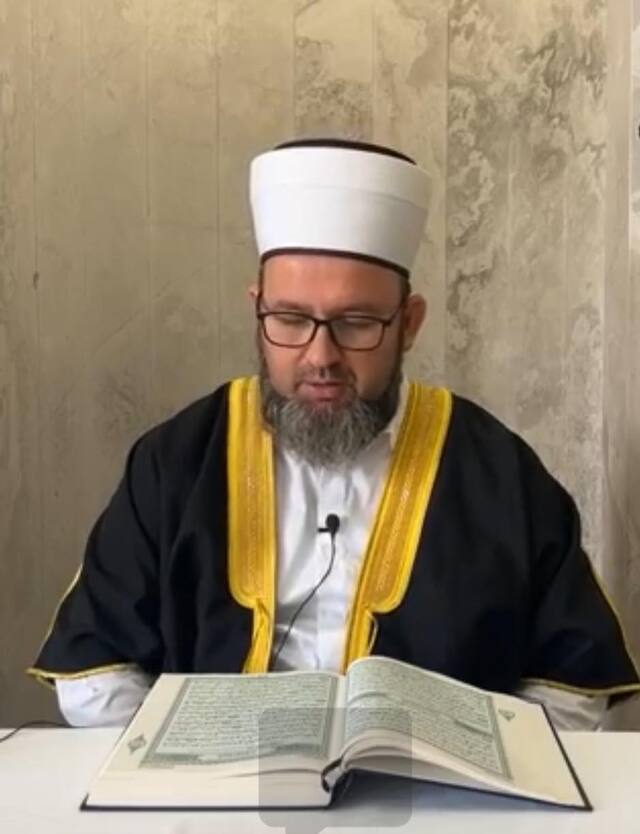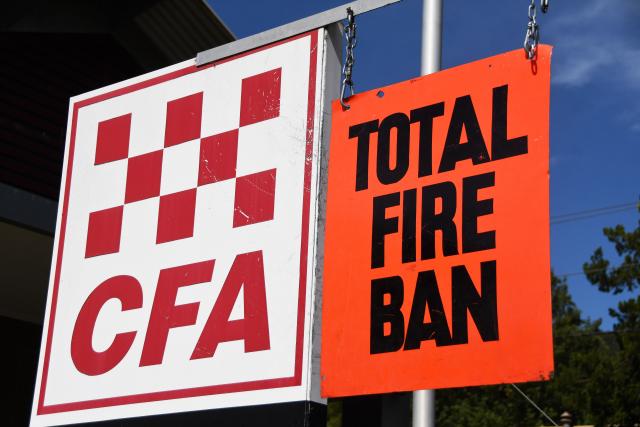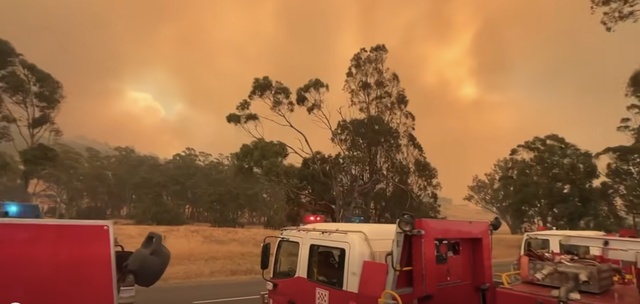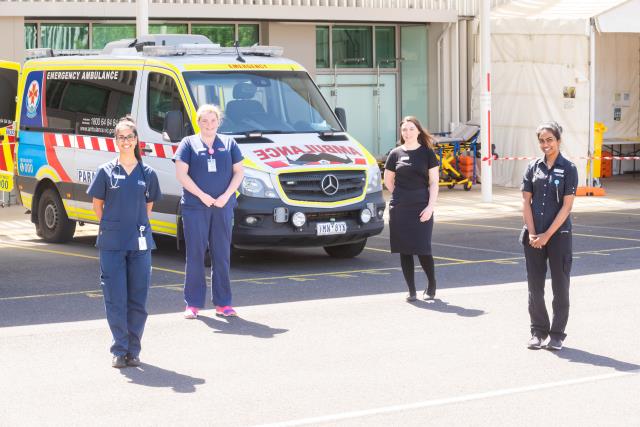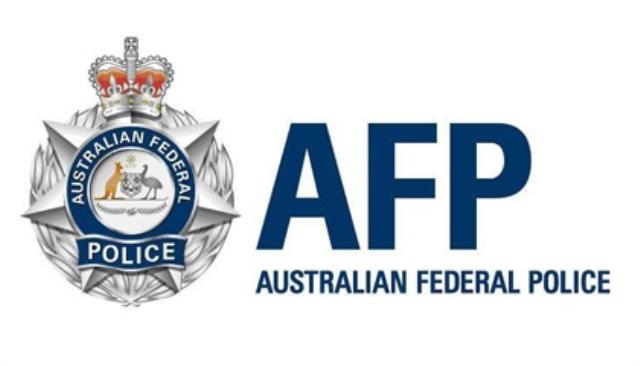Two crucial frontline workers at Youth Support and Advocacy Service (YSAS) in Dandenong will lose their jobs after a cut in State Budget funding.
Statewide, YSAS suffered a $1.85 million cut in youth crime prevention funds in this year’s State Budget leaving them short of 11 youth support service workers as of 30 June.
YSAS argues that the impacts will be felt across the community, slashing crucial crime prevention programs amidst a rise in youth offenders.
Its regional crime prevention manager, Katrina Bould says along with the devastating news they’ll expect huge amounts of young people on the waitlist as a result of being under-resourced.
“Those two positions ultimately carry a full case load and would see approximately 40 young people per year and their families on top of that, so we’re talking about 80-plus families impacted in our direct community in the southern region.”
YSAS provides early intervention programs, drug, alcohol and mental health services to people as young as 25-years-old. Their Youth Support Service focus on early intervention and crime prevention to at-risk young people between 10-17 years who either have had encounters with police or had their worried parents calling YSAS for help and some even self-refer.
The workers help to divert young people away from crime, support them to integrate back within the community through education, employment, social and recreational activities.
“They are the young people who will ultimately be losing out in the end by not getting a service,” Ms Bould said.
“When young people are ready for action, they are ready here-and-now to get that support. Even two weeks’ (wait) is long, and anything can shift in that time.”
The current estimated wait time to be seen by someone at YSAS is four weeks which is expected to more than double to nine weeks after 30 June.
Over the funding period of four years (2020-2024) YSAS received 1460 referrals with 75 per cent becoming YSAS clients.
“The complexity of young people coming through is different to what it was pre-lockdown.
“We see lots of school disengagement cases. Schools are screaming out for us to come in and support,” Ms Bould said.
This aligns with official crime statistics of a 26 per cent increase from 2022 in young offenders aged 10-17 in Greater Dandenong.
As reported previously by Star Journal, this is the second-highest level in eight years with car thefts up by 32 per cent and aggravated burglaries up by 50 per cent.
“Working to support the families is a standard part of our casework. There’s a lot of other things that come through such as family breakdowns, family tensions,” Ms Bould says.
“We see a lot of families struggling out there, but we’ve seen just a little bit of our support can make it go a long way with them. That’s our biggest fear, of who’ll miss out.“
Katra Shumbayaonda, a YSAS senior practitioner, says they receive a range of referrals – from parents needing support with their child to addressing more serious crimes such as aggravated burglary.
“The police had been active in giving out our flyers to the community as well and we see a lot of changes for good after they do contact us.”
Currently, 90 per cent of YSAS clients have family involvement where youth and family workers also work from “a family inclusive lens.”
Youth support service team manager Cassie Thrower says the impact of the long waitlist will be felt by stakeholders such as Youth Justice Court Diversion (CCYD) which support young people to stay away from the youth justice system as their “final chance.”
“We quite often deter young people from the court system so if we’re unable to service these young people they’re more likely to go into the justice system and possibly into custody.
“With the extra funding we were able to build that position in the community to service so many young people. But to have the referrals continuing and not being able to service them, it really impacts on our stakeholders.”
The Dandenong team will be down from seven workers to five across the Southern metropolitan region forcing them to not just manage their waitlist prioritisation but also prioritise contact methods with clients.
“We’ve just finished some training around our priority mechanism. It will look at our systems internally, how we will allocate our clients according to needs.
“It will have to bring focus on brief interventions versus before we would work with them for six months.”
Youth support service team leader Nathan Lambie spends a majority of his time on case management which also includes driving on the road to visit clients, working around time constraints now more than ever.
“Some young people may live 45-minutes away so that is two hours travelling time just to see one person.
“It gets difficult especially when dealing with high-risk people with a number of complexities. They need support on top of the brief case work,” Mr Lambie says.
While time spent with each person varies according to their needs, once a fortnight is common. For a very complex case, it could be weekly visits.
YSAS were forced to pull out from taking part in Operation Newstart, an out-of-school recreational program which provided youth support, engagement with local community and educate them about services available to them.
YSAS had been part of Operation Newstart since 2012 where one youth support service worker would attend and assist young people throughout the program.
“Being out there in the community, we still want to have a presence, but it will be quite limited, “Ms Bould said.
“The caseloads will be very high, trying to service young people will be the main focus.
“That’s why we have no option but to look at extra things like Operation Newstart because we can’t service that across the whole geographical region.”
This partnership has seen YSAS youth workers support more than 400 vulnerable young people in the Operation Newstart Casey program.
Operation Newstart Casey program manager, James Seeary says both the program and its participants will not just feel the impact if YSAS is not supported but it places the program’s future in jeopardy.
“In the current environment, where the growing need to support young people trying to cope with a myriad of issues is obvious, I am dumbfounded that funding has been cut to such a crucial service.”
In question time in State Parliament on 29 May, Premier Jacinta Allan was asked if she would “urgently reconsider its decision to cut funding”.
Ms Allan responded that “it is this one-off funding that has now come to a conclusion.”
“In terms of the allegation made about YSAS, who I do want to acknowledge are an excellent agency who do very good and important work, there has been no change or adjustment to their core level of funding.
“This organisation and many others during the period of the pandemic were provided with some additional one-off funding allocations to provide them with support.
“That was in recognition that during the pandemic many organisations … needed to be provided with some additional support to be able to work through that period of time and continue their service provision.”
Ms Bould, like many other YSAS workers, disagrees it was just a once-off pandemic funding.
“For us as workers, the government saying that was Covid funding, that’s very untrue.
“There was a lot of advocacy work done for this funding that happened prior to the pandemic and it happened that the pandemic landed, and our funding was instated at that time,” she said.
“It’s absolutely devastating. The last few weeks have been very hard on us taking in this news.
“We’re losing colleagues, losing support to the young people and our community, the morale is down.
“It brings the spotlight onto it, questioning whose jobs are safe at these challenging times?”

